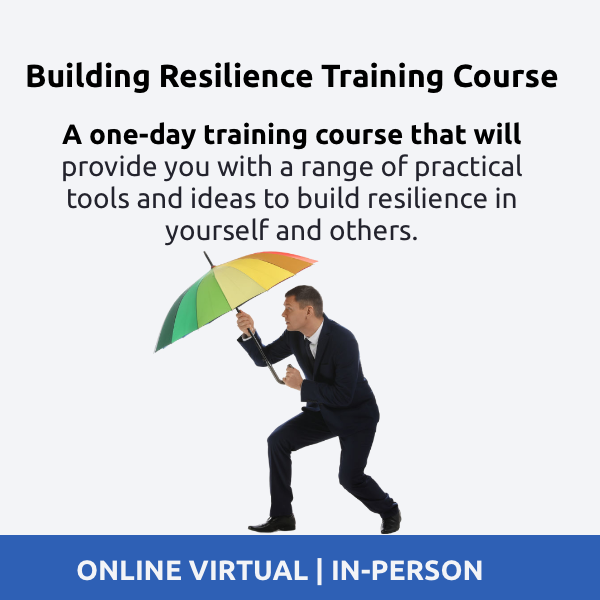Background
In life’s journey, we encounter trials and tribulations that can test our strength and resolve. Resilience is the invaluable quality that empowers individuals to bounce back from adversity, grow through hardships, and emerge stronger than ever.
Resilience also forms an important part of mental toughness.
In this article, we will delve into the concept of resilience, explore its significance in personal development, and offer insights on building resilience to thrive in the face of challenges.
Defining Resilience
Resilience is the ability to adapt and recover from difficult or stressful situations. It is not a fixed trait but a dynamic process that can be nurtured and developed. Resilient individuals display mental toughness, emotional strength, and a positive mindset, enabling them to face setbacks with courage and determination.
The Importance of Resilience
Why is resilience such an important trait? When faced with pressure or difficult situations, it’s important to control the impact that situations and other people have on us. Resilience helps with:
- Overcoming Adversity: Life is unpredictable, and challenges are inevitable. Resilience equips individuals to navigate tough times, whether coping with personal loss, financial hardships, or career setbacks.
- Promoting Mental Health: Resilience is crucial in maintaining good mental health. It helps individuals manage stress, anxiety, and depression, preventing these issues from taking a toll on their well-being.
- Enhancing Problem-Solving Skills: Resilient individuals are better at finding solutions and adapting to changing circumstances. They view obstacles as opportunities for growth and learning.
- Building Stronger Relationships: Resilience fosters empathy and compassion for oneself and others. This emotional intelligence enhances communication and strengthens interpersonal relationships.
Characteristics of Resilient Individuals
What do those who are those who are resilient demonstrate? Here are some characteristics of resilient people:
- Optimism: Resilient individuals maintain a positive outlook even in challenging times. They focus on possibilities rather than dwelling on limitations.
- Emotional Regulation: They can identify and manage their emotions effectively. This self-awareness helps them healthily respond to stress.
- Perseverance: Resilient individuals have a “never give up” attitude. They stay committed to their goals despite setbacks or failures.
- Flexibility: They can adapt to change and embrace uncertainty. This adaptability allows them to thrive in dynamic environments.
Building Resilience
How do you become more resilient? Here are a few examples of what you can do to become more resilient:
- Developing a Growth Mindset: Embrace challenges as opportunities for growth and learning. View failures as stepping stones to success.
- Building Supportive Relationships: Surround yourself with a robust support system of friends, family, or mentors. Sharing your struggles with others can lighten the burden.
- Practising Self-Care: Take care of your physical and mental well-being. Engage in activities that bring joy, relaxation, and a sense of fulfilment.
- Learning from Setbacks: Instead of dwelling on past mistakes, focus on the lessons learned. Use these experiences as stepping stones to greater resilience.
Conclusion
Resilience is a powerful attribute that empowers individuals to face life’s challenges with courage, adaptability, and perseverance. By cultivating a growth mindset, building supportive relationships, and practising self-care, one can develop resilience and thrive in the face of adversity. Remember, resilience is not about avoiding difficulties but about growing through them. Embrace the journey, for it is the path to becoming a stronger, more resilient version of yourself.
Further Learning
Look at our Building Resilience training course for more information or for more tips and ideas to build resilience.




